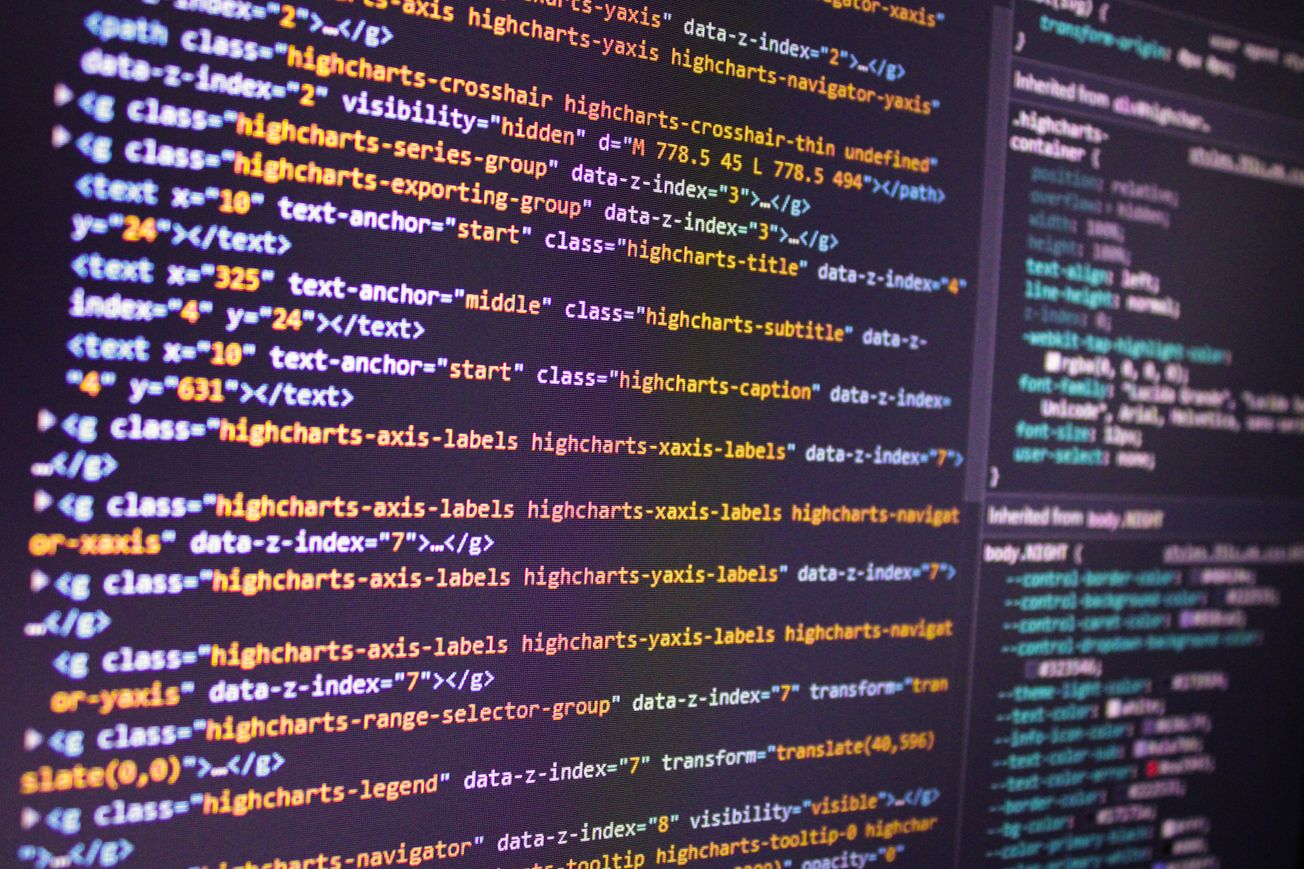Database vendor Redis is looking to bring developers further into the fold with an update intent on harnessing integration and compatibility.
The open-source database developer said that its latest release will focus on adding features that will make it easier for developers to import projects while also adding support for AI projects.
Speaking with The Stack, Redis CEO Rowan Trollope said that the aim of the 7.2 release was to expand the reach of Redis into a vast market of companies looking for a real-time database solution.
Trollope, who himself is new to Redis having taken the reins in December of 2022, said that his own experience with the platform helped shape his vision for Redis going forward.
"The reason I was attracted was I was looking to the database space and used Redis to write one of my side projects," he explained.
"I understood through that process why so many developers use this platform."
Making things easier for developers would become one of the central tenets of the 7.2 update.
The new version of Redis will focus on, among other things, support for clients. Trollope said that the addition of client support was a critical step in helping developers get their apps integrated with Redis without having to wade through documentation and trial and error.
"We took the most popular clients and have taken responsibility for them," Trollope said.
"We now have a set of supported clients that will be certified in every release."
Also high on the list for Redis with the new release was integration with AI platforms.
The company says that its new update will bring support for features such as multi-threaded search that will ease the process of integrating databases with AI platforms, something Redis sees as a key advantage for a database platform that prides itself on speed and responsiveness.
With all of the new features, however, will come the need to integrate the update without breaking existing installations.
To that end, Trollope said that Redis placed a premium on delivering backwards compatibility for its existing installations as well as deliver a uniform rollout so developers will not need to write multiple versions of their applications for different versions of Redis.
"One of the things we did is commit to delivering all of the technology across all of the platforms all at once," Trollope said.
"It works consistently and reliably."





